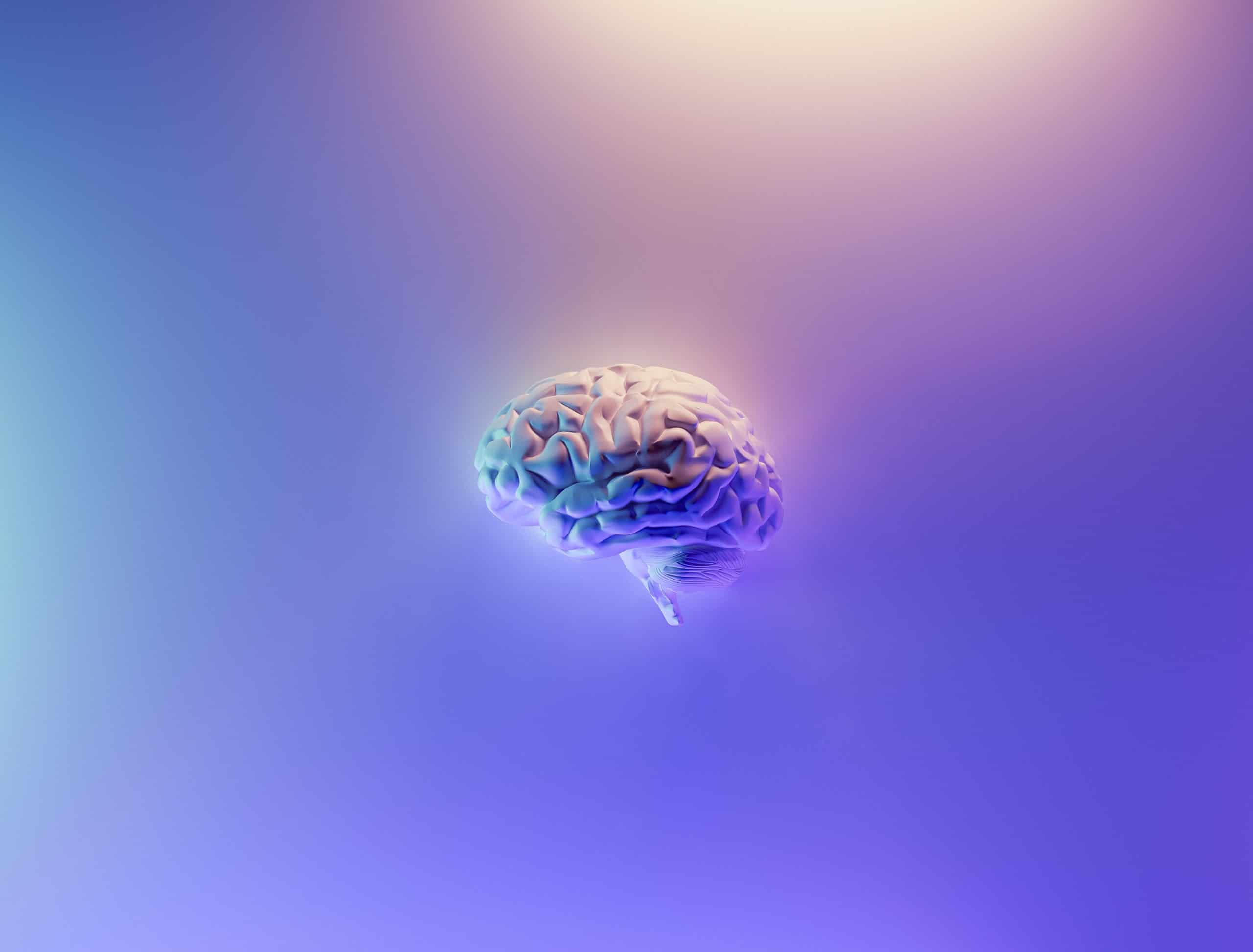Written by Dr. Sherry Skyler Kelly and narrated by Aria Edwards
When giving workshops on how the brain works and how we age, many attendees share with me that their favorite part of the talk was on how to keep your brain vibrant. Here are some of my top tips, plus the secret to a sharper mind!
The Secret To A Sharper Mind

- Get up early – Don’t waste half your day in bed sleeping or scrolling through social media. If you find waking difficult due to a sleep problem, please visit your GP. Being unable to arise in the morning may also be a sign of unhealthy habits or an underlying health problem.
- Express gratitude and love – Gratitude, love, and appreciation have been identified as factors in happiness and wellbeing.
- Do something productive that instills within you meaning and purpose – This could be work or volunteering. Several studies over the decades on Aging, reported that being able to affirm your life meaning can add to your life expectancy. Additional research has also found that people with lower scores on life-purpose measures had significantly lower life expectancy.
- Do something FUN for yourself! – Remember the feeling of playing as a child? Do you remember the last time you lost track of time because you had so much fun? There have been many studies based on what the late Hungarian-American psychologist, Mihaly Csikzentmihalyi, termed as “Flow”. It’s akin to “being in the zone”. Within this state, you are both highly challenged and highly in control. Find something fun to immerse yourself within and it can lead to greater happiness, as well as mental engagement. This could be art, learning a game, playing a sport, participating in yoga, playing an instrument, dancing, etc.
- Get sunlight and Vitamin D – Research has shown that people with low Vitamin D levels have greater health risks and lower mood. Get outside, talk a walk for at least 15 minutes in the sunshine, and your body will make Vitamin D. At your next GP visit, do get your Vitamin D levels checked and ask for information regarding recommended doses best for you.
- Exercise! – Keep yourself moving everyday for a healthier body and a vibrant brain. There is an abundance of research on the positive impact of exercise on mood, alertness, and longevity. Many people say that the hardest thing about getting exercise is starting that endeavor. Set realistic goals and engage in activities you find fun, not what you think you “have to do”. Find an exercise buddy or workout trainer, if it will help you kick-start a routine. Even walking for 30 minutes a day is a great start. Please consult your physician to discuss the best exercise plan for you.
- Keep organized – That’s right! Keeping yourself and your home organized means less stress in your life. From misplacing items to living in clutter can compromise your vibrancy. Having progressive difficulties with organizing might also be an indicator of an attention deficit, problem with mood, or possible complications from a medical condition or aging. Clutter can actually have a negative influence on mood.
- Keep connected to others – Social support is an important factor in longevity, health, and emotional wellbeing. Our brains are wired for relationships. There are several ways that having a social support network can be beneficial for physical and mental wellness, by both mediating and buffering stressors. In addition, those with strong social support networks tend to engage in healthier activities.
But, ultimately, the secret to a sharper mind? Continue to grow in your life!
Main Image Reference
fakurian-design-58Z17lnVS4U-unsplash
Resources
A prospective study of positive psychological well-being and coronary heart disease. Health Psychology, May 2011.
Relationship between positive psychological constructs and cardiovascular outcomes: A systemic review: International Journal of Cardiology, September 2015.
Resetting the late timing of ‘night owls’ has a positive impact on mental health and performance. Childs & Bagshaw, Sleep Medicine, August 2019.
Association between life purpose and mortality among US adults older than 50 years. Public Health, May 2019.
Creativity: Flow and the Psychology of Discovery and Invention. Csikszentmihalyi, M (1996) New York, NY. Harper Perennial.
The Role of Vitamin D in Brain Health: A Mini Literature Review – NCBI. Anjum (2018). National Institutes of Health www.ncbi.nih.gov.
The Exercise Effect. Kristen Weir, December (2011), number 11. Monitor on Psychology, American Psychological Association.
Social Support and Resilience to Stress. Oz bay et al, Psychiatry (Edgmont) May 2007.

